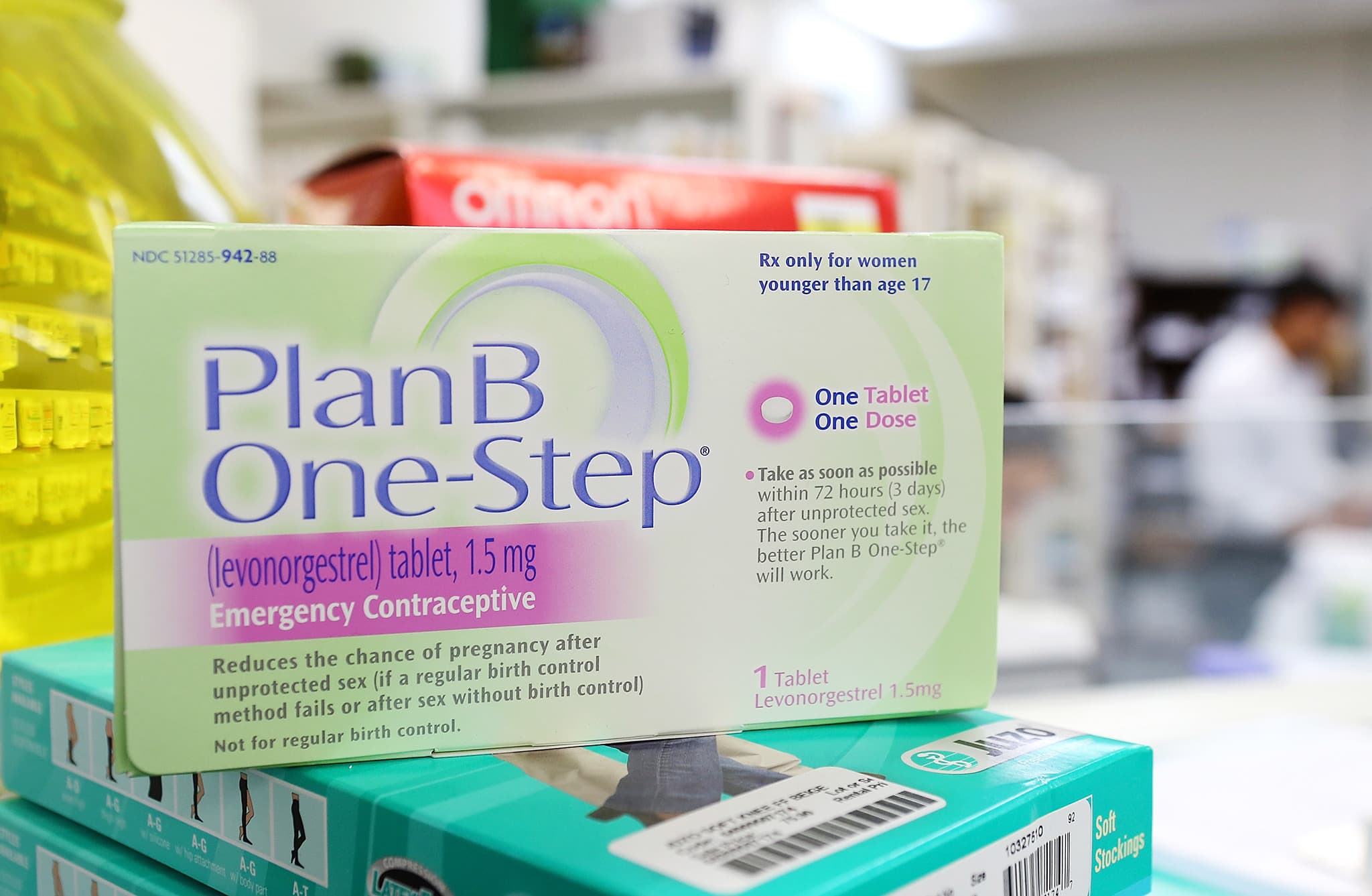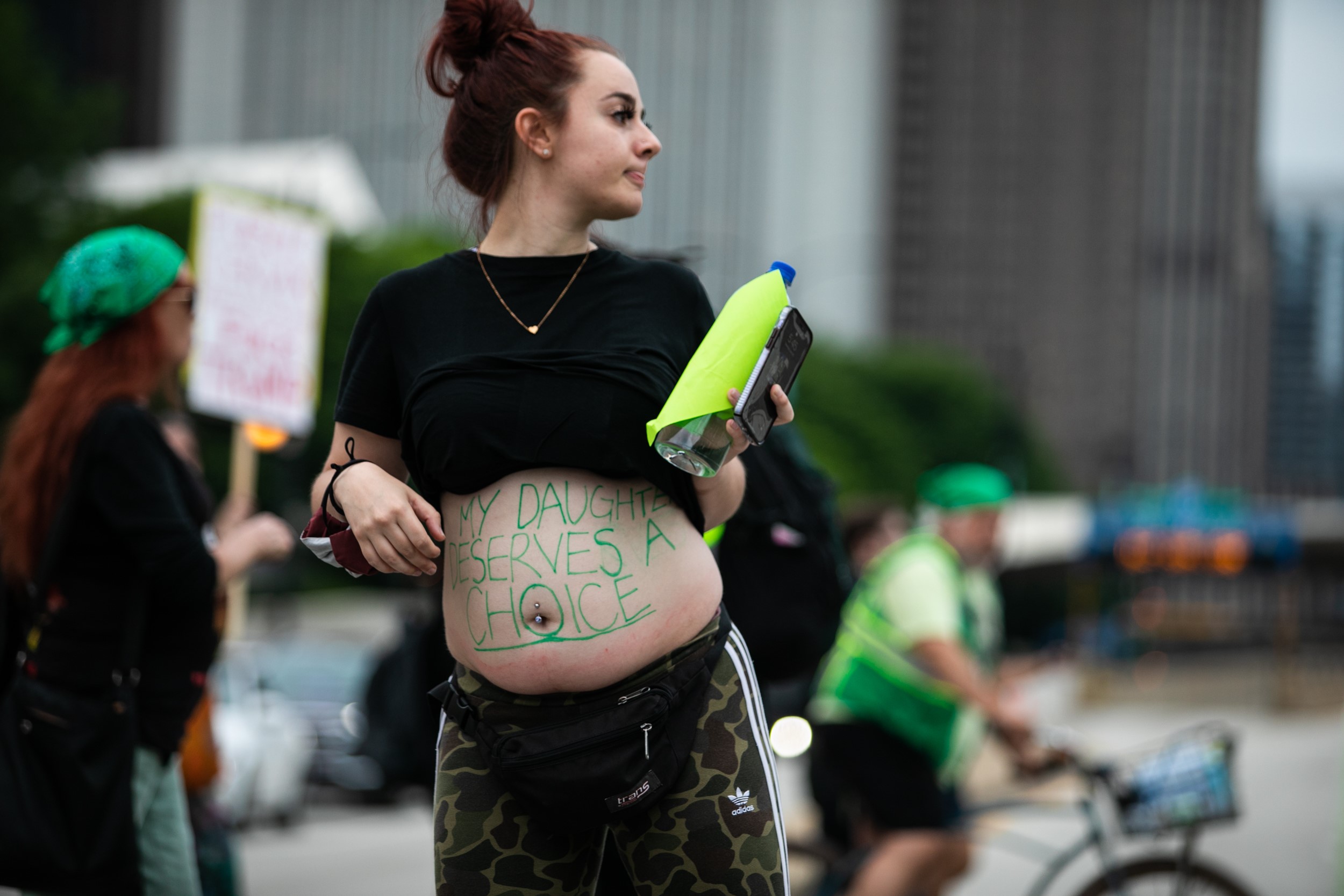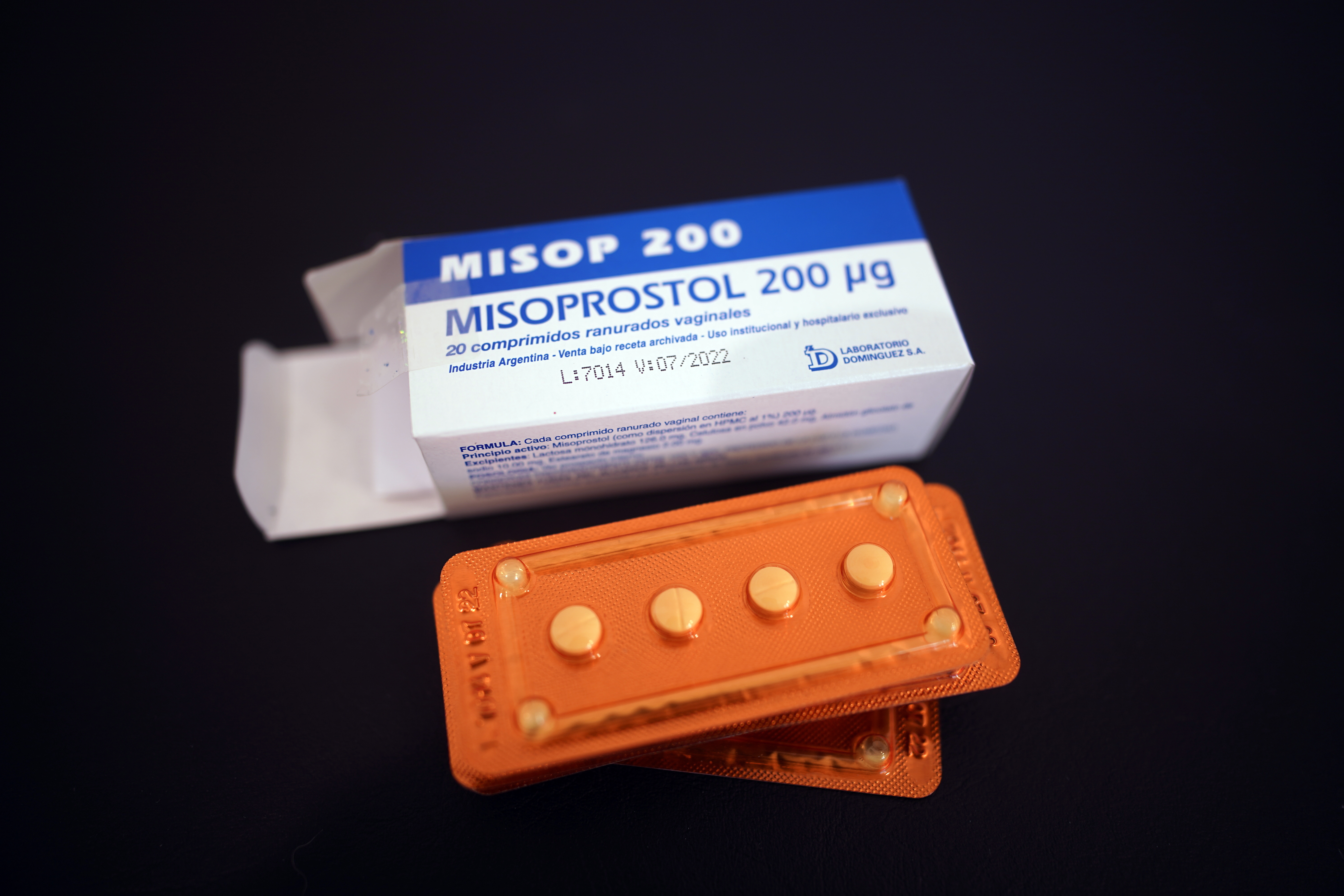Since Friday when the Supreme Court invalidated Roe v. Wade, there has been a significant increase in people looking for the Plan B pill and other similar contraceptives.
This pill is often referred to as "the morning after pill" and contains Levonorgestrel. It is the most commonly available form of emergency contraception and comes in a variety of brands. It is sold over the counter as a one-time oral tab that prevents ovulation and can be taken after a sexual encounter.
Demand for these options has gotten so high that several major drugstore chains announced they are limiting the amount customers can purchase.
Access to Emergency Contraceptives
CVS said immediately after the Supreme Court decision, it saw "a sharp increase in the sale of emergency contraceptives" and began limiting purchases temporarily of Plan B and Aftera - a different brand of the drug Levonorgestrel - to three per customer.
As of Tuesday afternoon, CVS told NBC Bay Area that sales have since returned to normal and it is "in the process of removing purchase limits, which will take effect in-store and on CVS.com over the next 24 hours."
Rite Aid sent NBC Bay Area a statement Tuesday morning saying "Due to increased demand, at this time we are limiting purchases of Plan B contraceptive pills to three per customer."
A Walgreens spokesperson told NBC Bay Area that the chain does not have Plan B purchase limits at this time and that it is still able to meet demands in-store.
"At this time, we are working to restock online inventory for ship-to-home," the Walgreens spokesperson said.
Sasha Martin with Planned Parenthood Northern California explained that PPNorCal offers Plan B at each of its 17 health centers. Martin said their health centers are not currently experiencing a shortage of Plan B. However, she noted there are caps on the number of emergency contraception PPNorCal can currently order.
Get a weekly recap of the latest San Francisco Bay Area housing news. Sign up for NBC Bay Area’s Housing Deconstructed newsletter.
When to Use Emergency Contraception
Dr. Andrea Henckel, an OBGYN physician with Stanford Children's Health explained that after a woman takes the medication in a "morning after" pill, she will not release an egg.
"So if there is sperm in the reproductive tract, it will not have the opportunity to meet an egg to fertilize," she continued.
"These oral forms of emergency contraception, do not impact an already fertilized egg, so this is not a form of abortion," Henckel added.
She understands that many people, including some of her patients are worried about access to contraception across the country.
"It is a really scary time and there’s a lot of uncertainty, but most people don’t need emergency contraception if they are using another form of contraception," Henckel noted. "Emergency contraception really should be reserved for either nonuse or barrier method failure."
She thinks limitations from drugstores of three pills per person should be sufficient for most people to give them enough time to talk with their gynecologist or primary care provider about a more long-term strategy. While Henckel believes it's smart to keep one "morning-after pill" in your medicine cabinet, she says generally you don't need a stockpile.
If you can't find emergency contraception at your drugstore, Henckel recommends asking the drugstore to connect you with another drugstore that is stocked with the drug. Or, Henckel said, you can call your doctor who can prescribe you ulipristal, which is a more effective oral contraceptive.
Planned Parenthood Mar Monte, which provides services in the Bay Area noted, "Since time is of the essence when it comes to using emergency contraception, it's a good idea to have a plan for how you'll access it before you need it."
Planned Parenthood Mar Monte noted that intrauterine devices (IUDs) can be used as emergency contraception and are not impacted by a supply shortage. It also added that while it is helpful to have Plan B on hand in your medicine cabinet, it does not recommend stockpiling the drug.
Planned Parenthood Mar Monte noted that while emergency contraception can last in your cabinet for a while, it will eventually expire.




